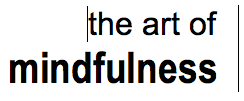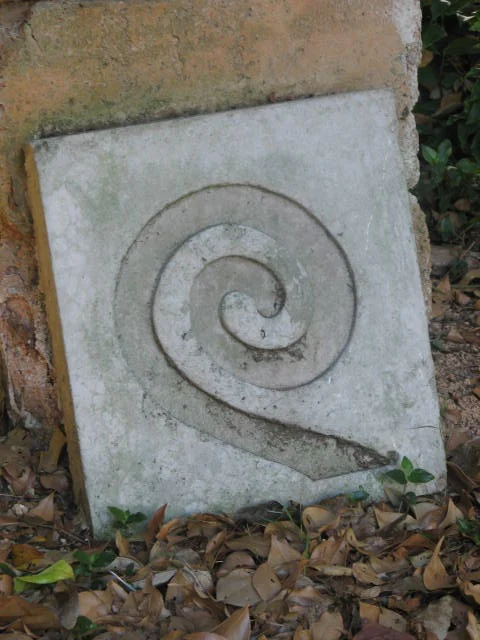When the mind's up against a wall
/This article is about working with the fearful mind, especially when it reacts to severe endings, the kind that don't appear to contain the seeds of any new beginning. The dark night endings. The times when emotional pain or distress is visceral, and it's impossible to imagine things will ever feel better.
Events that trigger times like this are varied. The huge events, like the loss of someone you love, the end of a relationship and all it promised, perceived betrayal, the loss of health or physical capacity, the loss of a role and the sense of purpose or status it gave us, solitary confinement or imprisonment … And for some, apparently small things trigger a similar kind of fear, anxiety or depression. We can become anxious about isolation, anxious about feeling anxious. We can fall in on ourselves; thinking we are separate, and that we only have ourselves to fall back on. Then it seems that the human mind can go completely nutty, and states of intense fear and neurosis arise.








